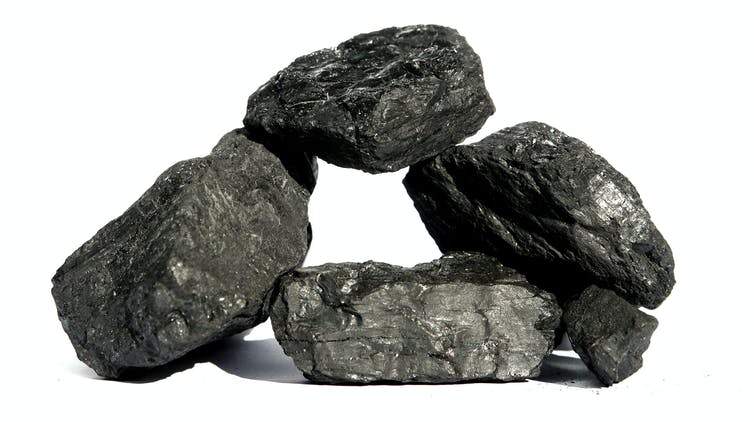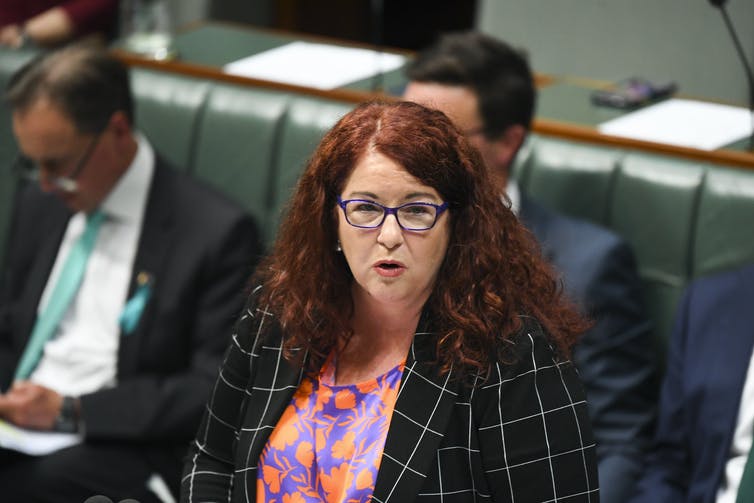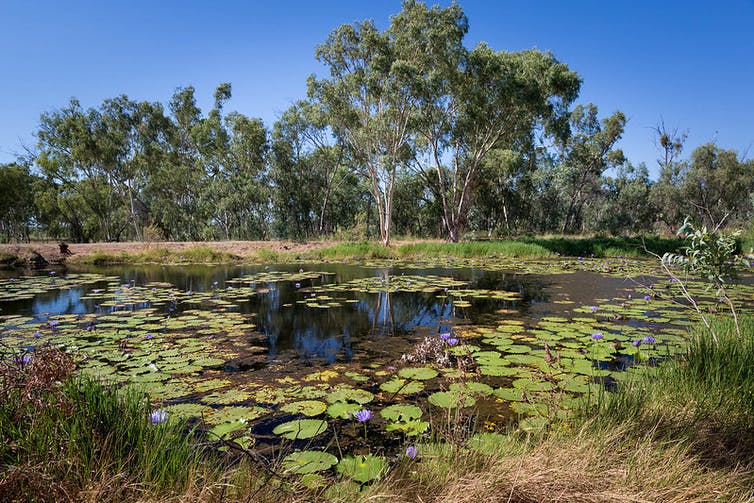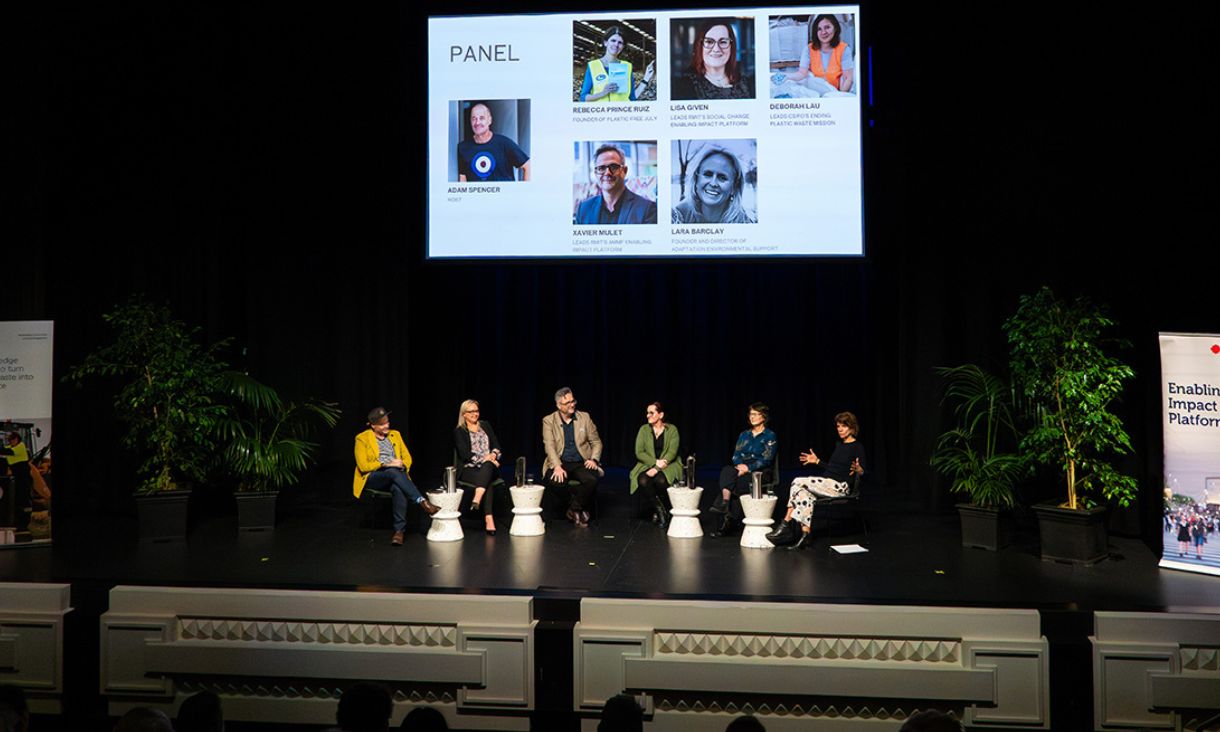Putting plastic waste to good use: building a sustainable future
RMIT's Capitol Theatre became a hub of innovative thinking and practical solutions as leading voices in sustainability, social change and science gathered to discuss the pressing issue of plastic waste.
Hot cities: Collaborating for climate justice
As our cities heat up, we must urgently find ways to think and act differently to better address the impacts of climate change particularly for those most marginalised, according to RMIT urban futures expert Professor Wendy Steele.
Innovation spearheads cheaper seafloor test for offshore wind farms
Australian engineers have unveiled a clever new device – based on a modified speargun – as a cheap and efficient way to test seabed soil when designing offshore wind farms.
Energy-smart bricks keep waste out of landfill
Engineers have invented energy-efficient bricks with scrap materials, including glass, that are normally destined for landfill.









